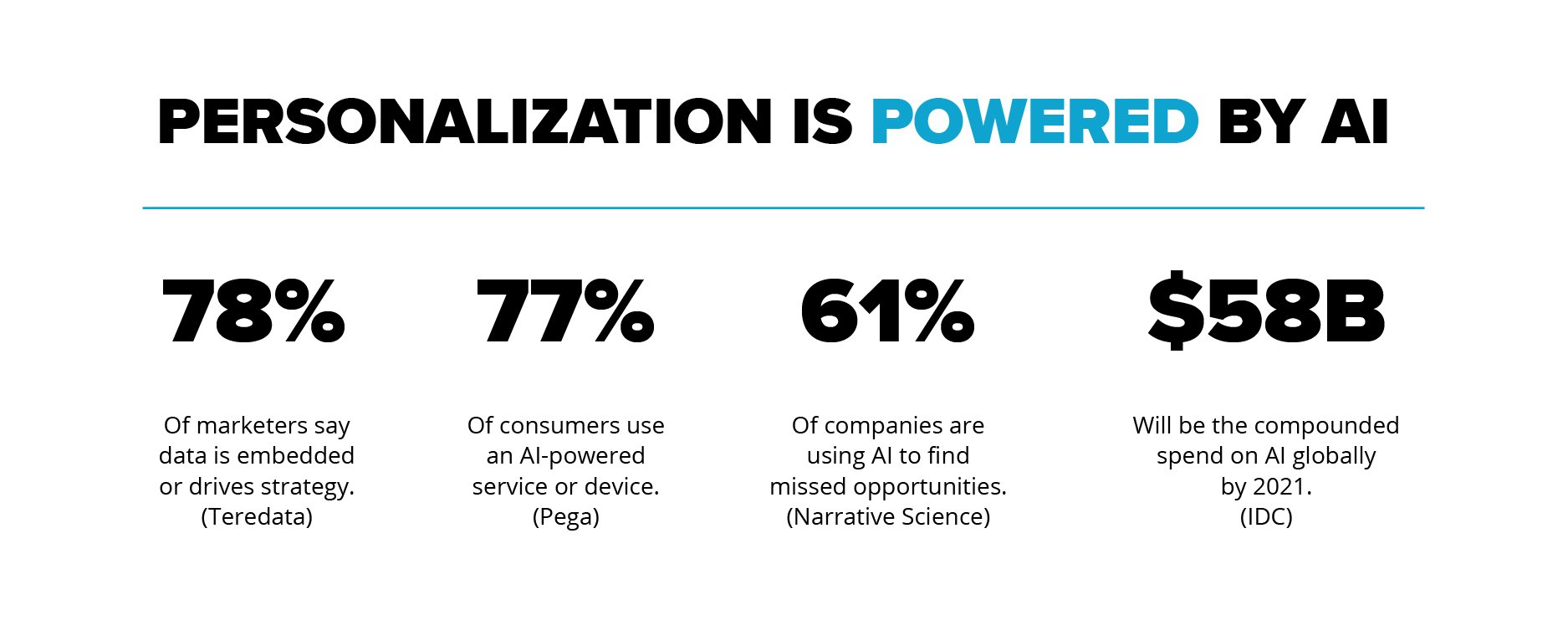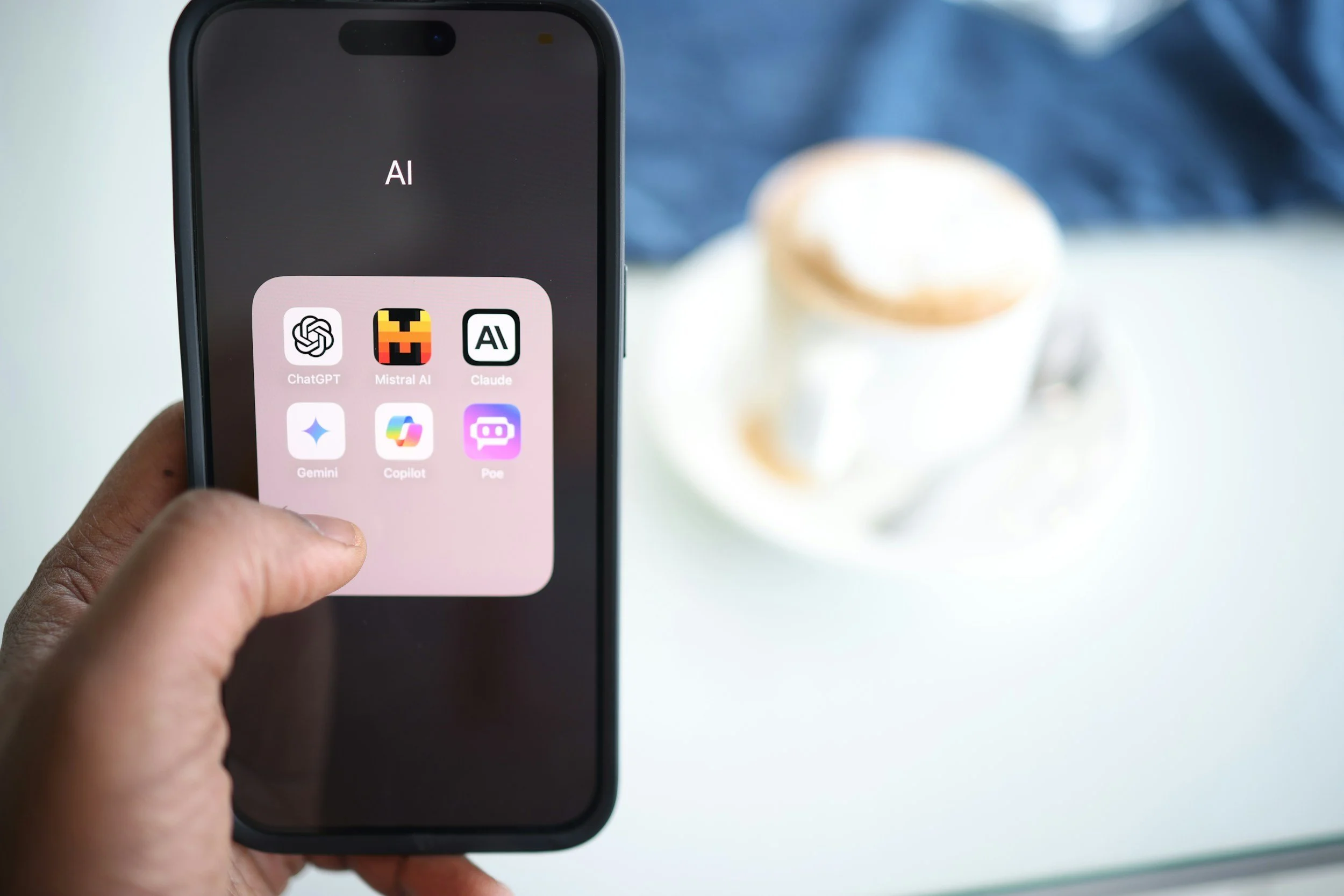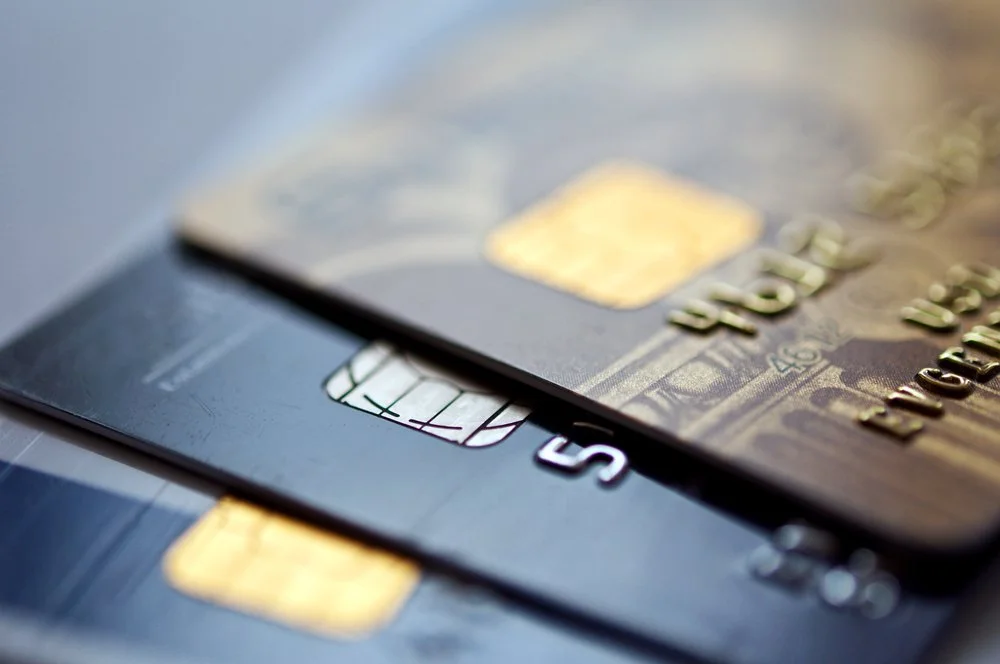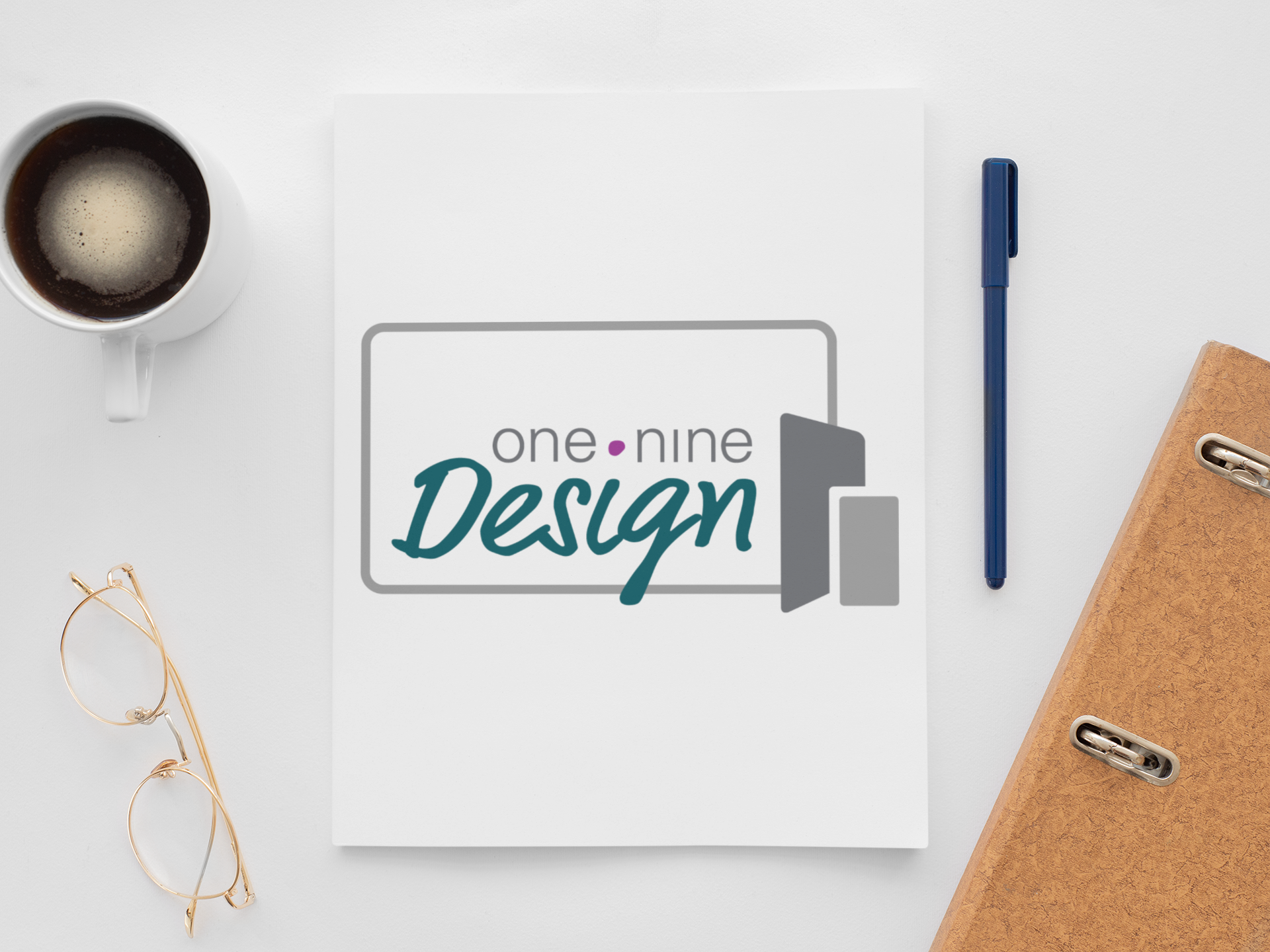Artificial Intelligence: How you can use AI in Digital Marketing in 2023
Did you know Starbucks uses predictive analytics to identify customers’ needs using their loyalty card and app data? The company uses this data to explore where customers purchase and at what time of the day. This analysis helps Starbucks process the data and provides customers with hyper-personalized marketing messages.
That’s the power of artificial intelligence (AI).
From building new customer profiles and improving customer loyalty to handling customer queries and providing a seamless customer experience, AI is revolutionizing every aspect of marketing.
What’s more intriguing is that it’s helping marketers in various ways, like optimizing the performance of their ads, generating qualified leads, and analyzing data.
With the bond between AI and digital marketing growing each day, knowing how to use AI in digital marketing helps leverage the effectiveness of this immersive technology.
AI is likely to revolutionize digital marketing. Let’s look at some examples of AI being used for marketing to understand how to use it to maximize your business growth and enhance customer experience:
For smart content curation like Chase Bank
Riding on the success of other companies, Chase Bank used artificial intelligence in their marketing creatives. After completing the pilot AI project, Chase Bank found that using machine learning in their copywriting outperformed the advertisement written by humans.
The ad version written by the copywriter read, “Access cash from the equity in your home.” whereas the AI-converted ad read ‘“It’s true—You can unlock cash from the equity in your home.”
The latter version performed better among their customers.
While AI cannot write views about political campaigns or give opinions about a subject, it draws visitors to your ad or landing pages by curating the content already present on your website. AI-generated content increases your authority and engagement with your target customers.
Even for social media, you no longer have to feed all your social media channels the same content. AI seamlessly matches keywords from your content with user activity and helps you understand the best place to share a particular content.
For enhancing customer experience like Alibaba
By thinking outside the box, Chinese retail giant Alibaba introduced a new concept of “FashionAI” to provide an immersive experience to customers. Using Alibaba’s app, customers first visit their brick-and-mortar store. The FashionAI store brought together the benefits of online shopping and visiting the brick-and-mortar store.
Clothing hangers had RFID tags, allowing customers to use their app to see how the merchandise looked during their shopping. Customers could view the merchandise they picked on an intelligent mirror adjacent to the clothing rack.
This smart mirror provided recommendations to customers and allowed them to mix and match various merchandise to see which one suits them.
This immersive technology-enhanced customer experience as they no longer had to take clothes to a fitting room.
The innovation AI offers customers and the data it provides to you help detect customers’ preferences and sell trendy products. This data helps you adapt to customer requirements and drive traffic by delivering products or services your customers require.
For increasing organic traffic like Tomorrow Sleep
Mattress start-up, Tomorrow Sleep leveraged AI-powered content research and writing platform. The platform first identified topics related to its niche and then analyzed the top 20 search results for those topics. This analysis helped Tomorrow Sleep monitor and identify content gaps and opportunities.
After filling the content gap, the results were outstanding. The start-up successfully outranked much larger competitors in many key topics and increased its organic visitors by almost 100 times within a year.
Whether small or large, every company benefits from AI in marketing.
Use AI solutions for topic discovery and keyword research.
AI-powered marketing tools scan millions of articles and give you details about the best-ranking post, giving you blog ideas. As a result, you’re likely to share a new perspective your customer would love, increasing your organic traffic and helping you rank higher on search engines.
For offering personalization and boosting engagement, like AMA
The mere thought of creating personalized email subject lines for thousands of subscribers for every email might scare you. This level of personalization might be challenging, especially if you’re a diverse range of information to share. But not when you’ve AI at your disposal.
American Marketing Association (AMA) used AI to drive personalization for all its 100,000+ subscribers. The AI personalization platform, which AMA used, helped generate individualized subject lines based on the subscriber’s interest. After using personalization, the AMA boosted its engagement rate by a whopping 42%.
When you use an AI-driven marketing tool, you identify customers who are likely to engage with your campaign.
AI algorithms suggest relevant offers, content, products, and dynamic prices based on how customers interact with your products.
Using AI, you create marketing campaigns, digital ads, and websites that are dynamically customized for your customers, including easy AI image generation.
For improving ad performance like Harley-Davidson
Harley-Davidson actively uses AI to improve the performance of its ad. Before using AI, their sales record was eight motorcycles in a weekend. However, after implementing the AI solution “Albert,” Harley-Davidson witnessed sales of 15 motorcycles during the weekend.
This AI solution eliminates low-value audiences and applies insights from one channel to another, which helps in improving ad performance.
You can leverage the power of AI to improve ad performance in your marketing campaigns.
AI-driven tools help identify which ads perform better than others and what terms in your ad trigger a customer to purchase. For instance, the AI tool might tell you that including "call" instead of "buy" increases your campaign's conversion rate and help enhance performance across all channels.
AI-driven marketing tools identify when a user might search for a specific term and send an email campaign at that very moment to increase your campaign's conversion rate.
For driving sales like Nike
Embracing the power of AI technology, Nike launched a system that allowed customers to design their sneakers in the store. Their effort increased sales and helped Nike collect valuable data, which AI algorithms use for designing future products. Based on the customer data collected, Nike delivered personalized recommendations and marketing messages, driving sales.
As AI tools learn independently, they are adept at analyzing prospect and customer data. AI helps you predict which leads are more likely to close, recommends the most important sales action for conversion, and optimizes pricing to win the lead.
What’s more interesting is that AI even tells which customer your sales team cross-sell or upsell. This data gives your team more bandwidth to close deals rather than deliberating about what marketing strategy to follow to win a customer.
For predictive marketing analytics like Amazon
Amazon uses predictive marketing analytics to suggest products to customers based on their purchase history and behavior. This information is helping the eCommerce giant increase conversions and enhance customer satisfaction.
Using AI marketing tools allows your marketing team to use predictive marketing analytics to make the most of the collected data. For performing these analytics, the marketing tool uses machine learning, models, and datasets to predict the future.
This empowers you to understand the type of products your customers might be looking for and when and allows them to position campaigns.
To improve campaign performance
Another area where AI performs is in improving the campaign performance. AI helps you in A/B testing by testing hundreds and thousands of web pages and landing pages to tell you which won accurately might work for your campaign.
When combined with machine learning technology, AI ensures intuitive and insightful testing, which ensures your landing pages convert and customers take the desired action.
Breaking down the AI in marketing
Regardless of how small or large your marketing team is, leveraging AI’s power helps increase the team’s productivity and the business’s return on investment (ROI).
Even if your first step is using a chatbot or an AI program to write your email subject line for your upcoming email marketing campaign, every step toward embracing AI technology counts.
A sophisticated and technology-based ecosystem helps you deliver a superior customer experience across all your digital marketing channels.
Accept it or not, but AI is the future of digital marketing and adapting to it helps your brand stay ahead of the competition and allows you to surpass your revenue goals every year.
Have you started leveraging the power of AI in your marketing?
You might find these related posts helpful…








